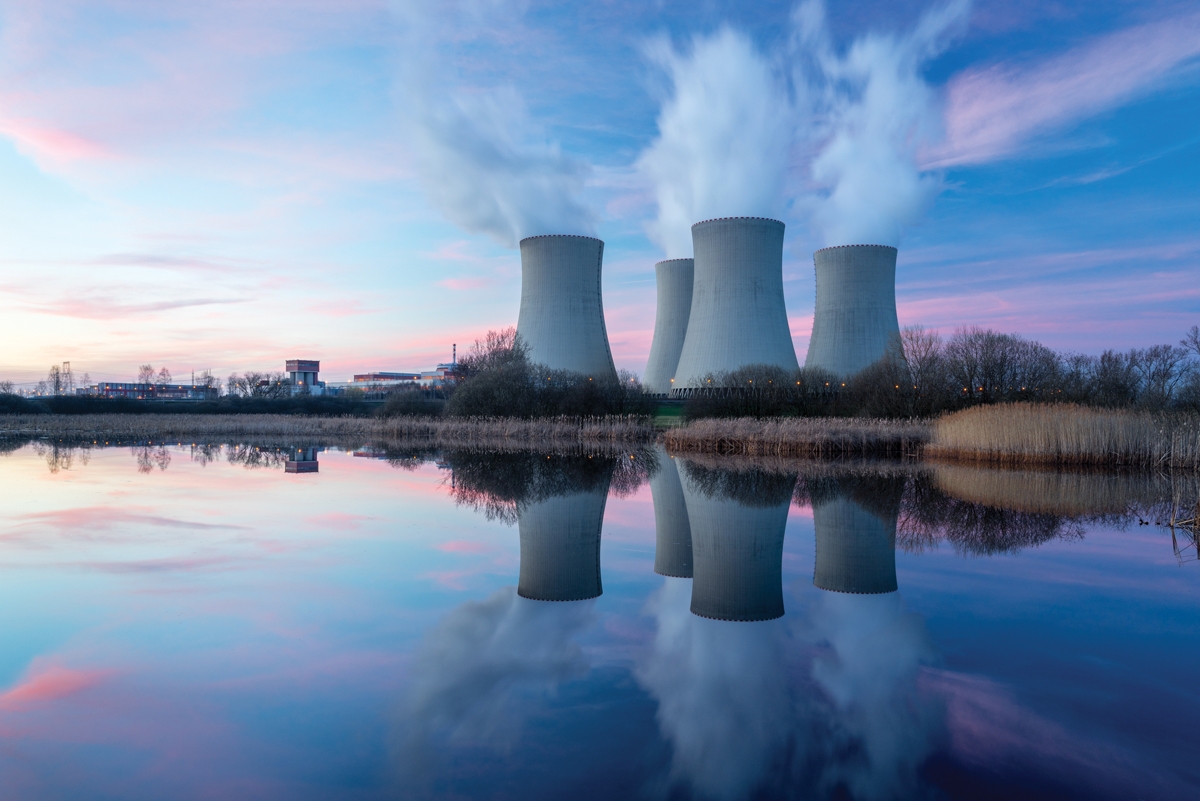
Nuclear is essential in addressing most serious issue Canada faces
By John Gorman, President and CEO of the Canadian Nuclear Association
Before the COVID-19 pandemic, climate change was a key priority for Canadians and the federal government. That hasn’t changed.
As the government looks to invest in an economic recovery, Canadians still rank climate change as the most serious issue we currently face, one that demands government support.
Despite double-digit unemployment rates in Canada due to COVID-19, climate change ranked as the most extreme issue by about a third of Canadians recently surveyed (compared with about a quarter for unemployment and economic growth). This is one of the findings of an Abacus Data survey conducted on behalf of the Canadian Nuclear Association (CNA).
Although Canadians say they want change, they have limited knowledge of clean energy options, including only a third of respondents who say they have a good understanding of nuclear.
They are not alone. Various federal and provincial government departments and programs use different definitions of clean energy. Internationally, nuclear is often excluded from formal definitions of clean or sustainable energy.
Let’s be clear. Nuclear is a clean source of energy.
When considering the entire power generation life cycle — including mining, construction, operation and decommissioning — nuclear is one of the cleanest technologies available and on par with wind and solar generation. Its operation provides carbon-free, reliable energy 24 hours a day. It has historically been one of the largest contributors of carbon-free electricity globally, providing about one-third of the world’s emissions-free electricity.
Canadian oil and natural gas provided about $108 billion to Canada’s GDP in 2018, representing about 530,000 jobs. Fossil fuels are a key part of Canada’s economy and deliver 76 per cent of the energy consumed in Canada. When it comes to the challenge of the energy transition, we have only scratched the surface of nuclear power’s potential to decarbonize the energy mix. Because nuclear produces clean electricity and high-temperature heat, there is huge potential to leverage nuclear to generate not only low-carbon electricity but also lower emissions during the extraction process of fossil fuels.
Energy experts agree that nuclear energy contributes strongly to reducing greenhouse gas emissions, and more nuclear is needed to transition the world to clean energy. The International Energy Agency (IEA) says nuclear has significant potential to contribute to power-sector decarbonization. A doubling in annual nuclear capacity is needed to be on track with the IEA’s Sustainable Development Scenario.
The federal government also cites nuclear energy as a critical part of Canada’s current clean energy mix and that it will continue to play a key role in achieving Canada’s low-carbon future. “I have not seen a credible plan for net zero without nuclear as part of the mix,” Canadian Natural Resources Minister Seamus O’Regan said during the CNA’s annual conference in February.
In December 2018, the House of Commons Standing Committee on Finance recommended that the Government of Canada develop and deliver a National Energy Strategy. The strategy would consider all forms of low-carbon energy to help achieve a clean environment and a strong economy through the deployment of new technologies, including nuclear power.
Despite all that, nuclear is not consistently and clearly being defined as the clean energy source that it is. This has significant implications. It perpetuates misconceptions about nuclear. As a result, clean businesses aren’t receiving financial supports that other clean energy solutions have access to. This hinders urgent environmental progress.
Nuclear must be included in all clean energy definitions in all government programs across all departments. We need it to fight climate change. We need it to stimulate the economy post-COVID. We need it for the electrification of our systems.
Consistently recognizing nuclear as a clean, low-carbon emitting source of energy would be one way to streamline government programs, making it easier for the nuclear industry to access those support systems.
Naming nuclear what it is—clean—is what it will take to ensure our thinking is defined by evidence.











